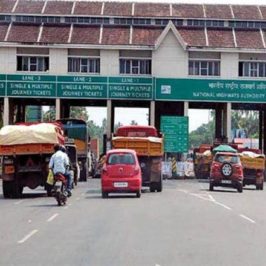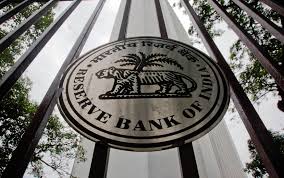
Parliament today passed a bill which empowers banks to confiscate security in the case of loan default, a development that assumes significance in view of the episode surrounding industrialist Vijay Mallya.
The Enforcement of Security Interest and Recovery of Debts Laws and Miscellaneous Provisions (Amendment) Bill, 2016, will not, however, apply to loans for agricultural land as well as student loans.
The bill, approved by Lok Sabha last week and cleared by Rajya Sabha today, amends four laws — Sarfaesi Act, DRT Act, Indian Stamp Act and Depositories Act. Replying to a debate on the bill, Finance Minister Arun Jaitley emphasised the need for “firmness coupled with fairness” in recovering bad loans. He said the banks must be empowered to take effective legal action against defaulters and the insolvency law, securitisation law and DRT law are steps in that direction.
“So far the laws were in favour of the defaulters. We tried to correct the balance. There should be firmness, coupled with fairness in recovery of loans,” he said. He said banks should take a “compassionate view” on education loan defaults but there will be no waiver and somebody will have to pay. The Minister further said that fears regarding farm and education loans are “exaggerated”.
Jaitley said banks are supposed to give loans and “if banks start squeezing loans”, there will be no economic growth.
“The cause of worry is when loan becomes either NPA or stressed asset or the activity in which the loans are invested is not generating money,” he said adding in some cases there will be willful default.
The development assumes significance as it comes against the backdrop of the episode involving Mallya, who owes Rs 9,000 crore to banks, but has left the country to take refuge in England.
Jaitley said if loan has been taken it must be repaid. The Minister said stressed assets were mostly in sectors such as steel, power and textile.
The law simplifies the procedure which ensures quick disposal of pending cases of banks and financial institutions by Debt Recovery Tribunal (DRT). DRTs will have to dispose a case in 180 days and the affected party will have to deposit 25 per cent of the amount if he or she chooses to appeal against the order.
 Parliament today passed a bill which empowers banks to confiscate security in the case of loan default, a development that assumes significance in view of the episode surrounding industrialist Vijay Mallya.
Parliament today passed a bill which empowers banks to confiscate security in the case of loan default, a development that assumes significance in view of the episode surrounding industrialist Vijay Mallya.




